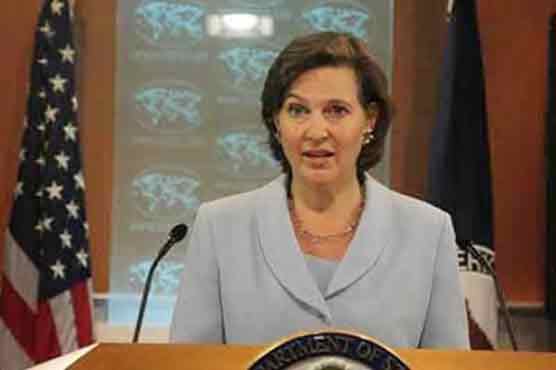Talks with Taliban stalled since March: US

US administration says that reconciliation talks with Taliban are stalled for last several months.

US administration says that reconciliation talks with Taliban are stalled for last several months.